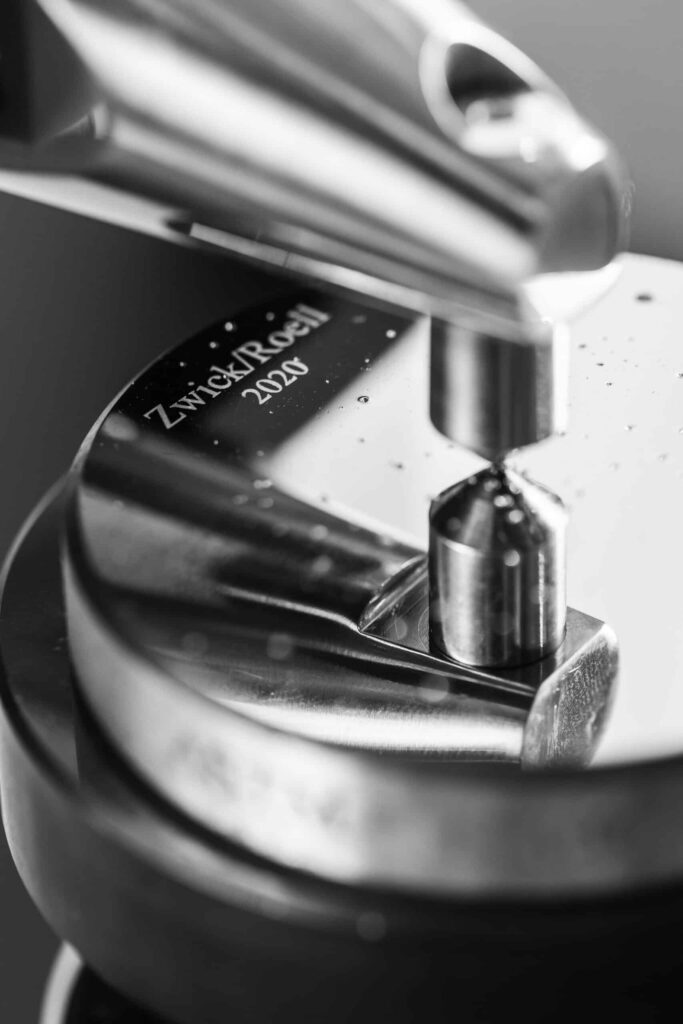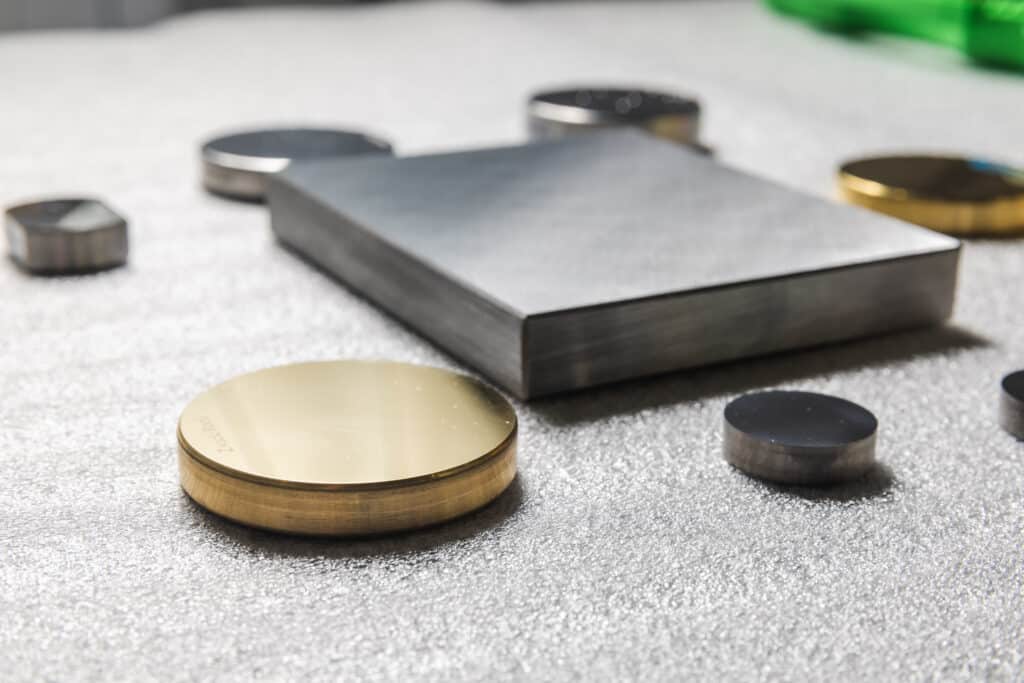
Brinell Hardness Test
Expert Brinell Hardness Test Equipment and Services
At Indentec, we are proud to offer industry-leading Brinell hardness testing equipment and solutions, trusted by manufacturers, laboratories, and quality control professionals worldwide. With decades of expertise in hardness testing, Indentec provides precision-engineered instruments that deliver accurate, repeatable, and consistent Brinell hardness measurements, essential for ensuring material performance and compliance across numerous industries.
Contact a member of our team
